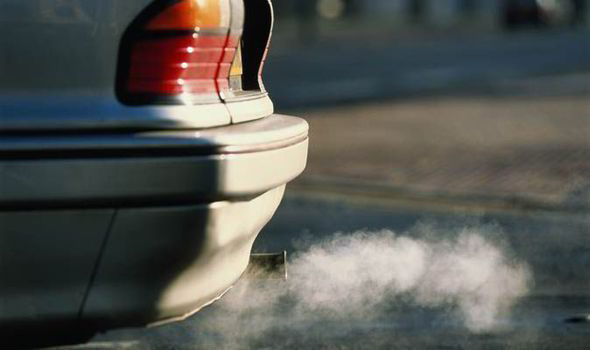


The results of a study, assessing the effects of the exhaust gas update carried out by the VW Group on vehicles affected by the use of defeat devices, has shown encouraging results that indicate little to no significant impact on the vehicles over long distance testing.
In 2017, FIA Region I mandated its Swiss member organisation, Touring Club Switzerland (TCS), to investigate whether or not the vehicles that had undergone updates by Volkswagen had been negatively impacted, as some vehicle owners claimed that fuel consumption had increased, or driving behaviour had changed.
The long-distance test was revealed that:
FIA Region I welcomes the results of the study as a positive news for consumers already impacted by VW recall, as it shows that consumption and operation of the engines have not been negatively affected. As a consumer organisation, FIA Region I finds very important clarifying this issue and it will remain vigilant to ensure that consumers’ rights have been respected.
The tests employed a used station wagon Seat Exeo 2.0 TDI (EA189 engine, year 2012) and covered more than 20,000km. The measurements were taken before and after the engine management software update.